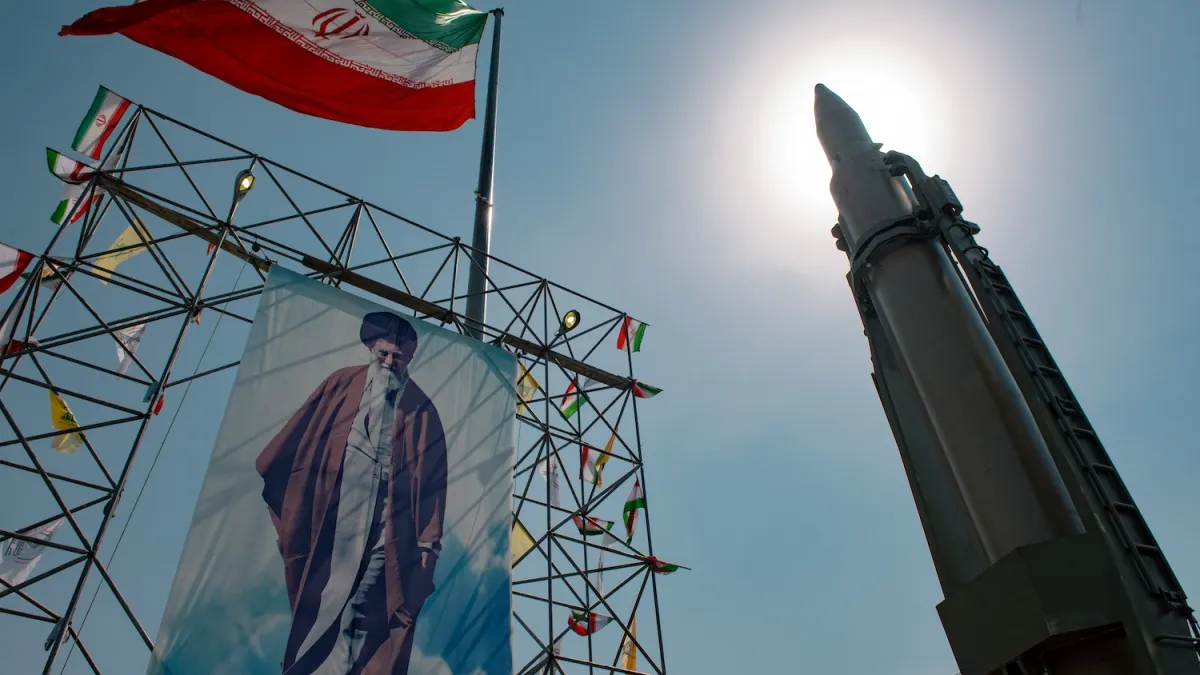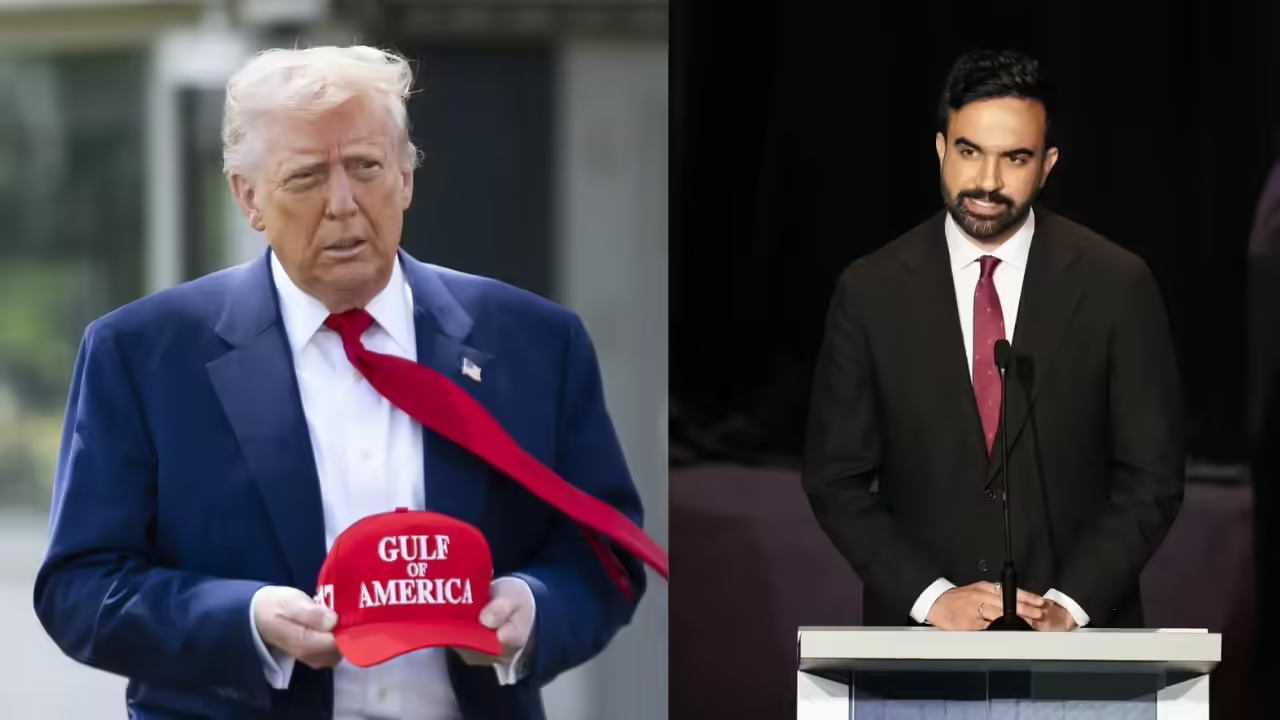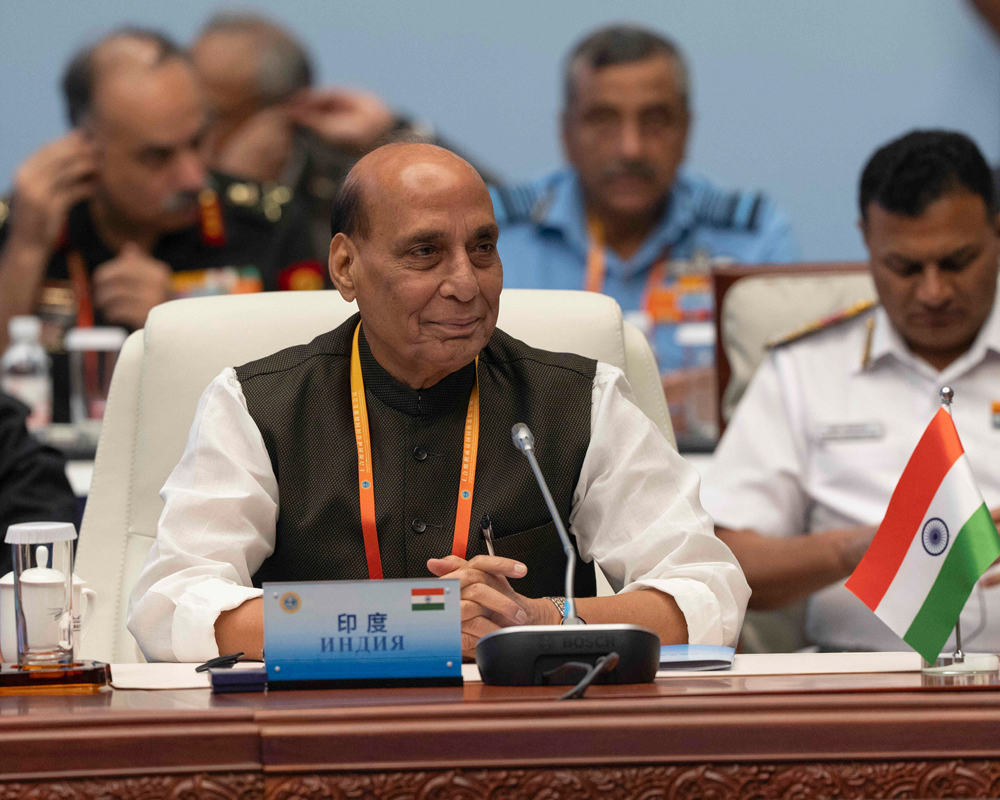Now Reading: Iran’s Nuclear Plans Hit Major Setback, Says CIA: What It Means for Global Stability and India
-
01
Iran’s Nuclear Plans Hit Major Setback, Says CIA: What It Means for Global Stability and India
Iran’s Nuclear Plans Hit Major Setback, Says CIA: What It Means for Global Stability and India

The CIA has revealed that Iran’s nuclear programme has suffered significant damage, raising new questions about the future of West Asia’s stability. This revelation comes amid rising global tensions and ongoing diplomatic efforts to prevent further nuclear proliferation. For countries like India, which rely heavily on the region for energy and trade, the news carries both strategic and economic importance.
What Did the CIA Say?
According to recent intelligence assessments, Iran’s nuclear infrastructure has been “severely damaged,” although exact details on the cause or scale of the damage remain undisclosed. The agency noted that Iran’s ability to enrich uranium—a key step in developing nuclear weapons—has been disrupted, potentially delaying its programme by several months or more.
This damage could be the result of cyberattacks, sabotage, or internal technical failures. While the CIA did not confirm any particular actor’s involvement, speculation is strong about covert operations, especially from regional rivals.
Impact on Global Politics
The news has sent ripples through international diplomatic circles. The United States and European countries have long been trying to negotiate limits on Iran’s nuclear ambitions through talks and sanctions. A weakened programme may shift the balance in upcoming negotiations.
However, it also raises the risk of retaliation from Iran or further escalation in the region. This could endanger maritime security in the Gulf, impact global oil prices, and increase tensions between Iran and countries like Israel or the US.
Why India Should Watch Closely
India has deep economic and strategic ties with West Asia. From crude oil imports to remittances from Indian workers in the Gulf, stability in this region directly affects Indian households and businesses, especially in Tier 2 cities where fuel price fluctuations have a visible impact on daily life.
Any disruption in oil flow or escalation in conflict could increase petrol and diesel prices, affect inflation, and complicate India’s diplomatic balancing act between the West and its traditional allies in the region.
The Road Ahead
While Iran’s nuclear setback may temporarily cool global fears, it does not eliminate the larger geopolitical risks. The international community will now closely watch how Iran responds—whether it speeds up its efforts, returns to the negotiation table, or escalates regional tensions.
For India, the priority will be to safeguard its economic interests while navigating the evolving power dynamics in West Asia. As always, global developments far from home often leave a deep imprint on everyday life back here.

























